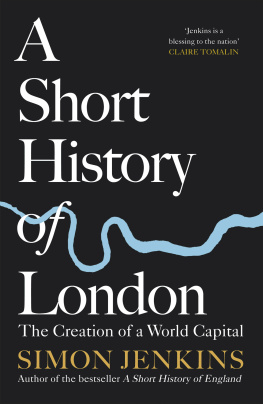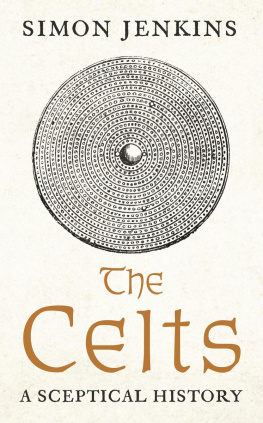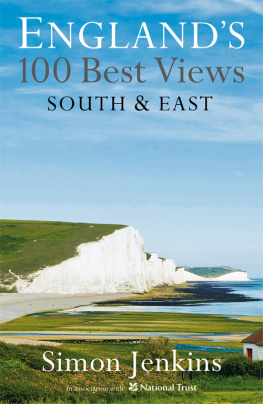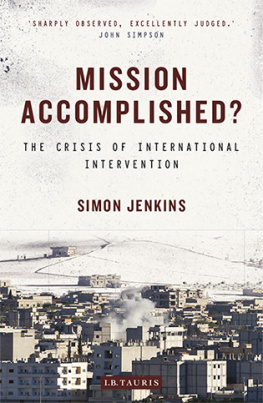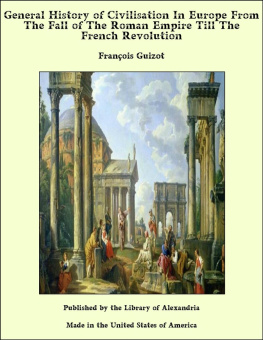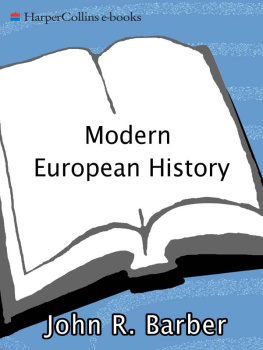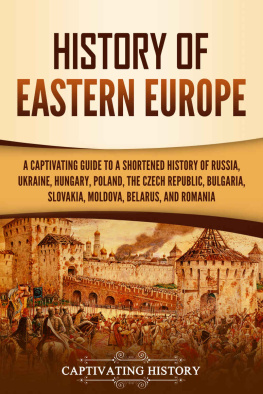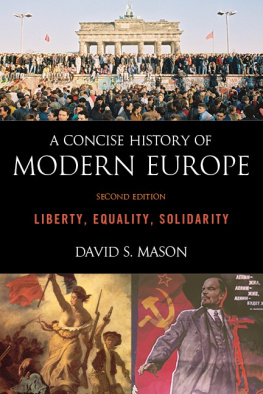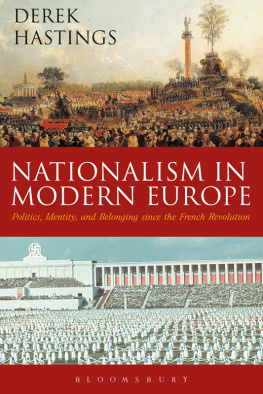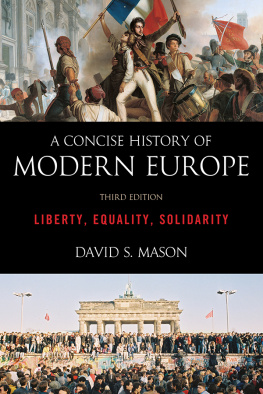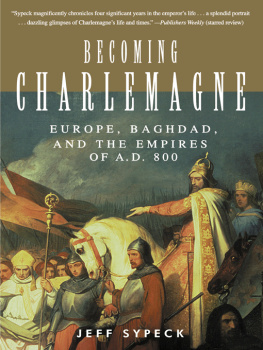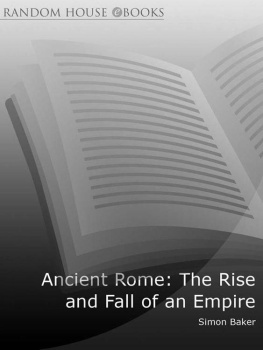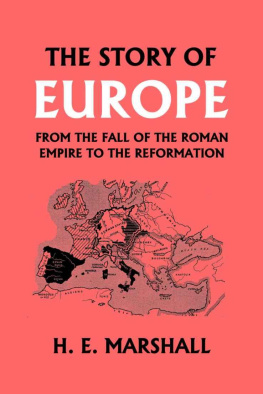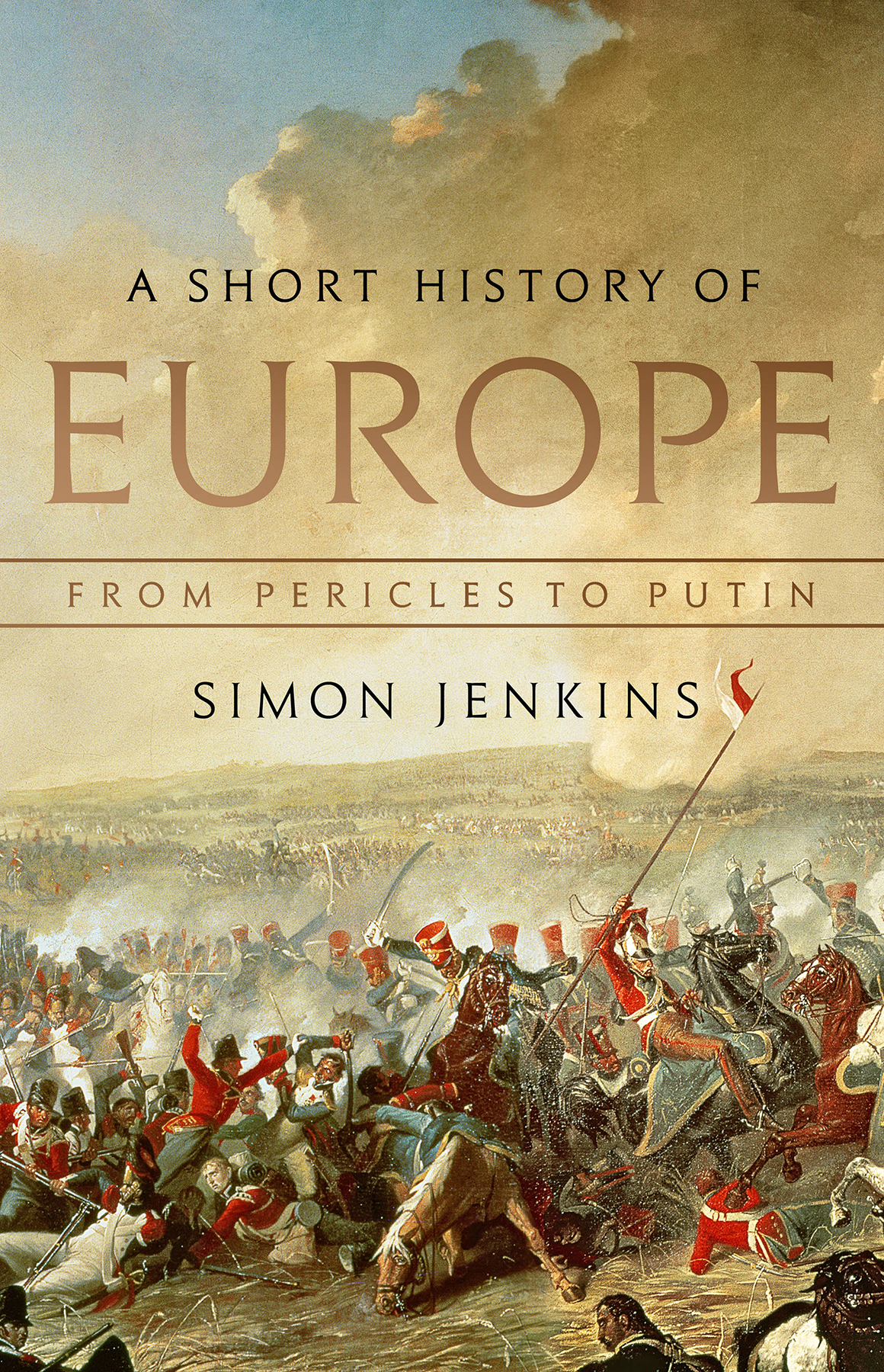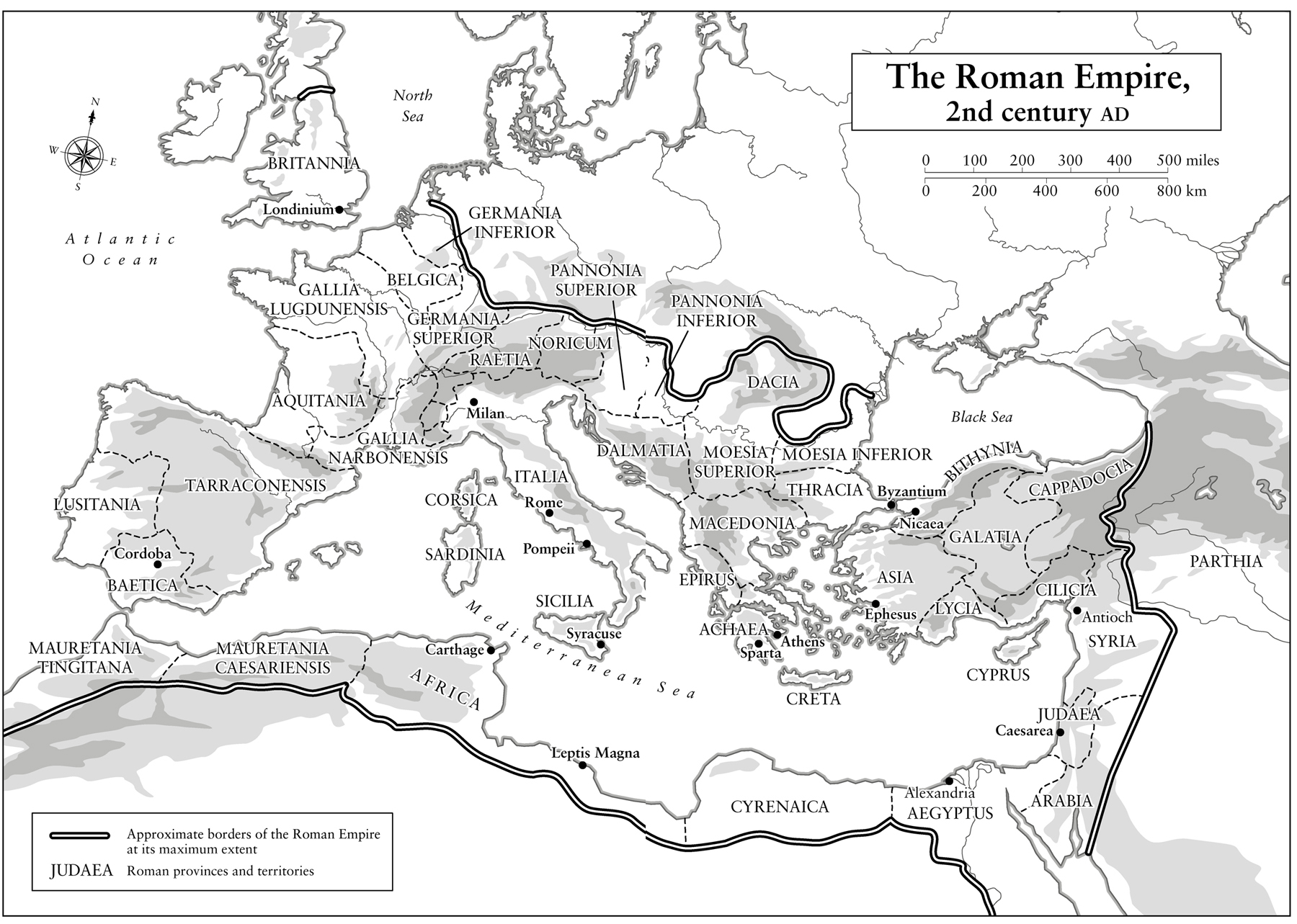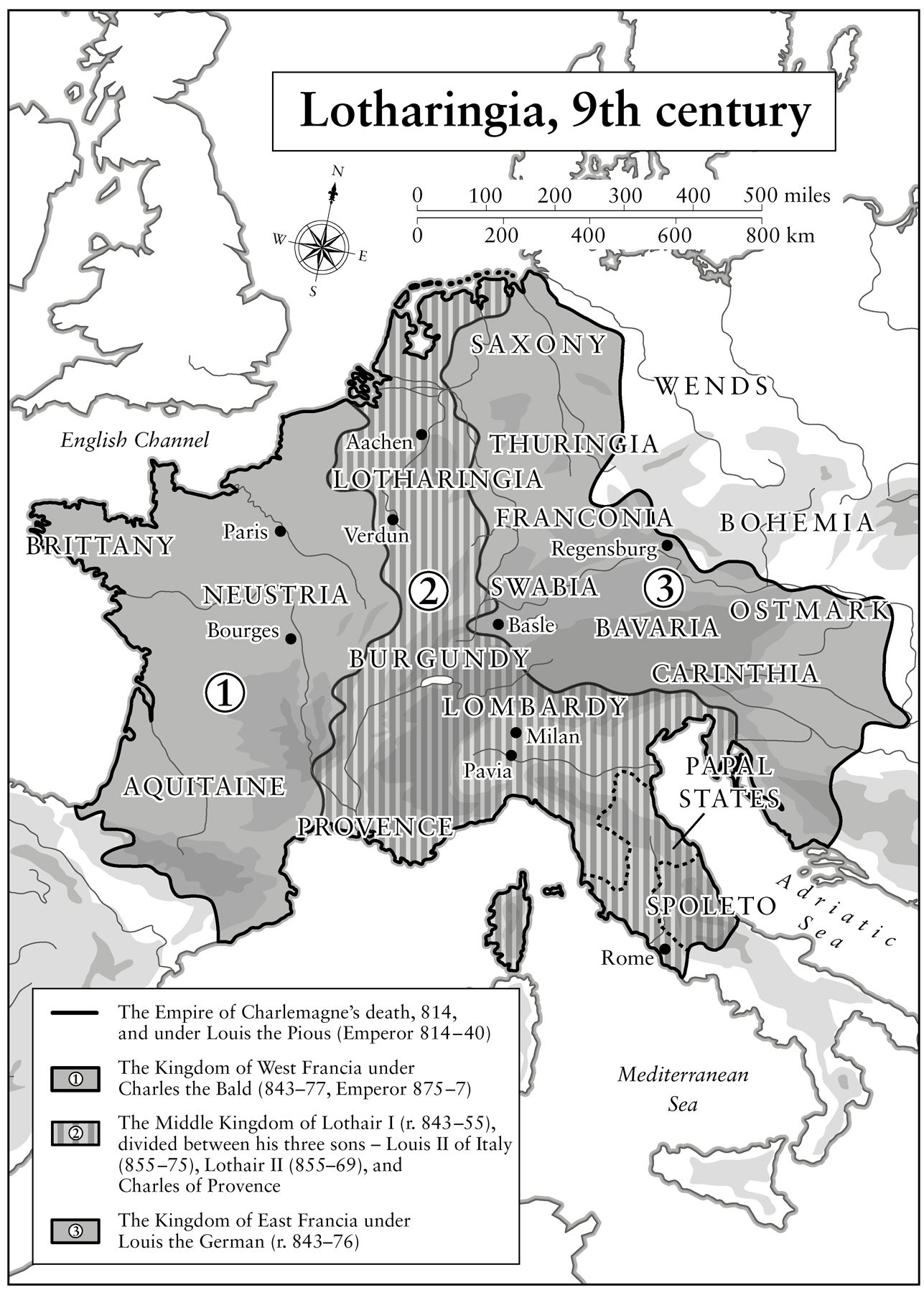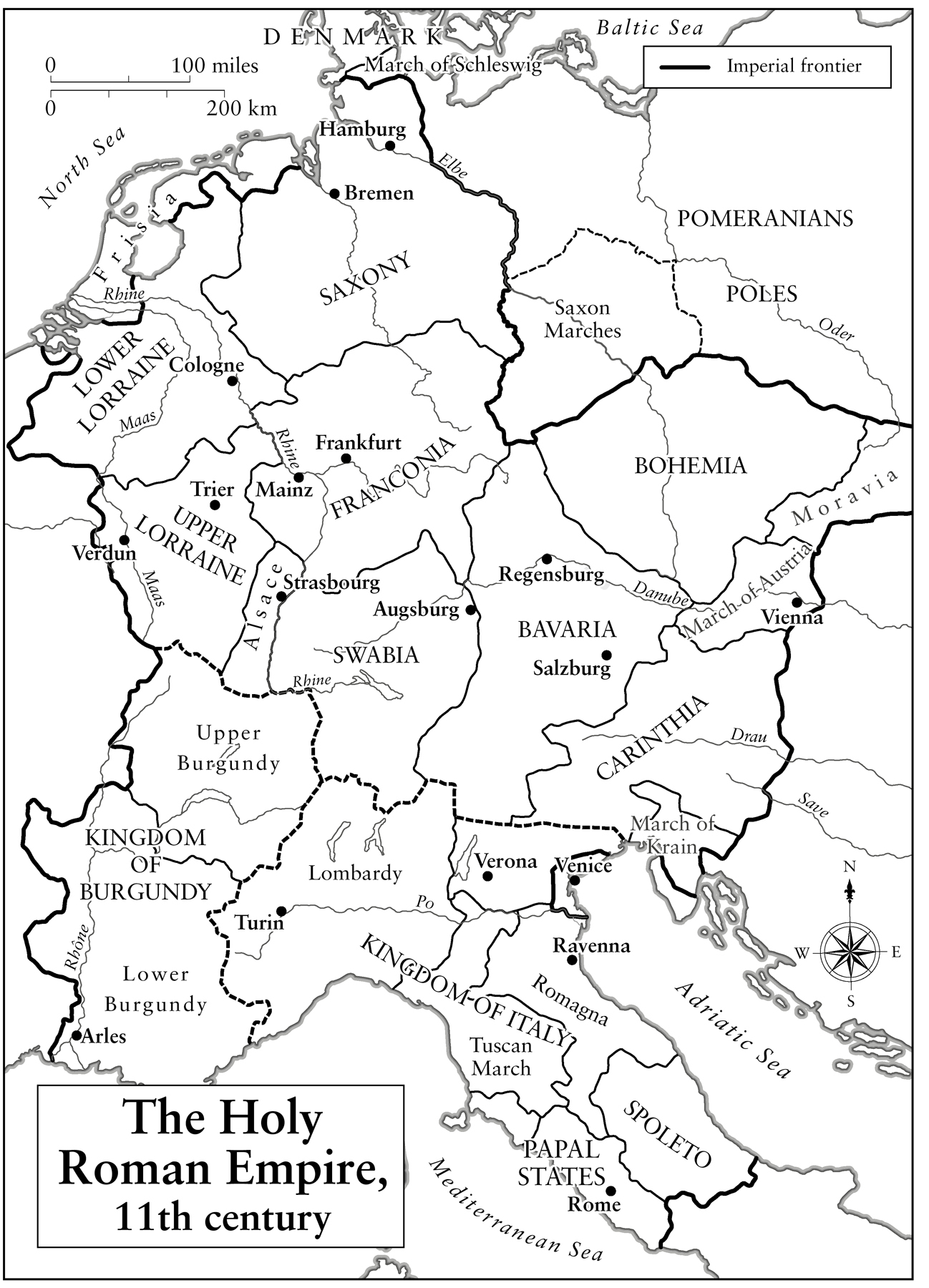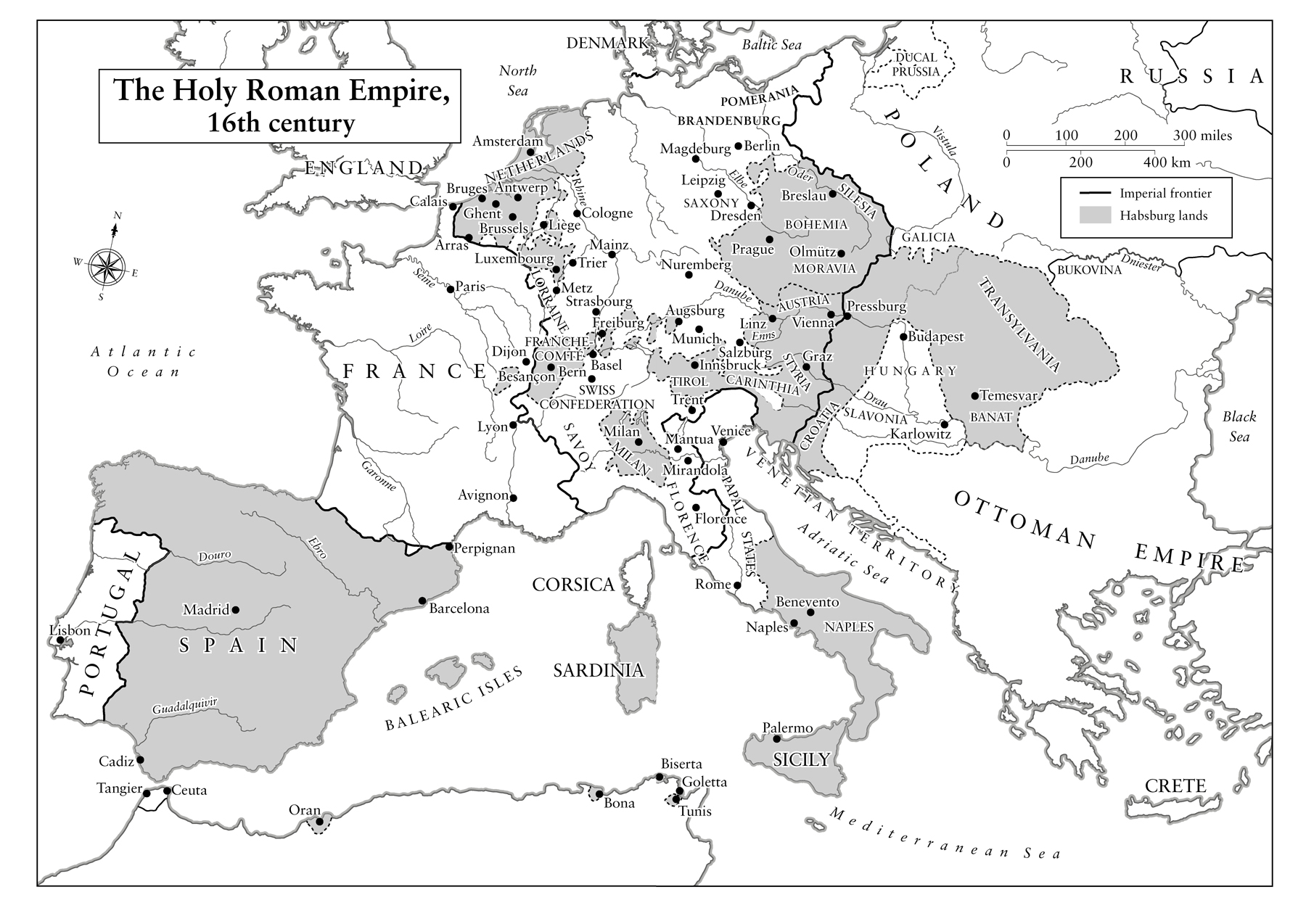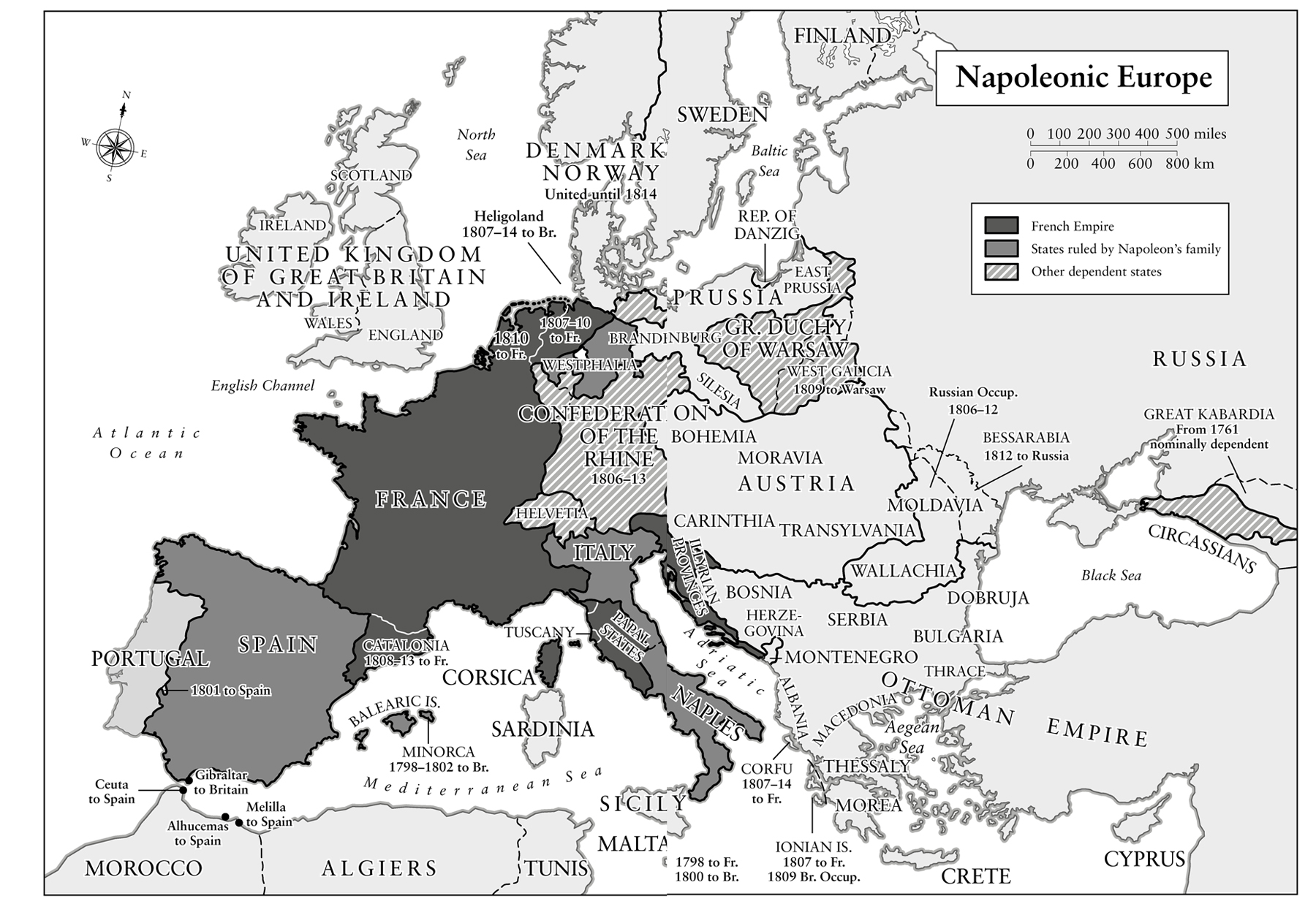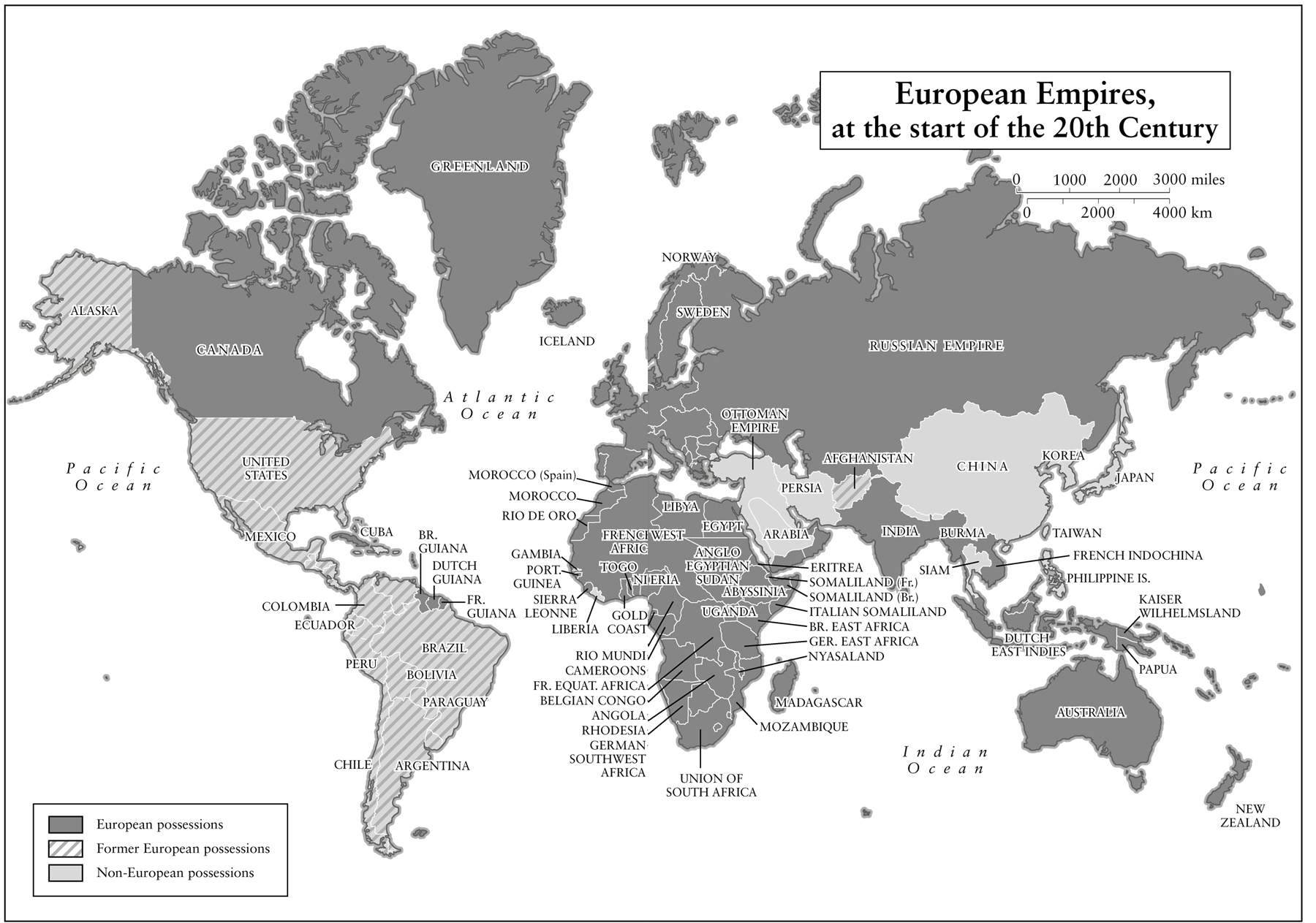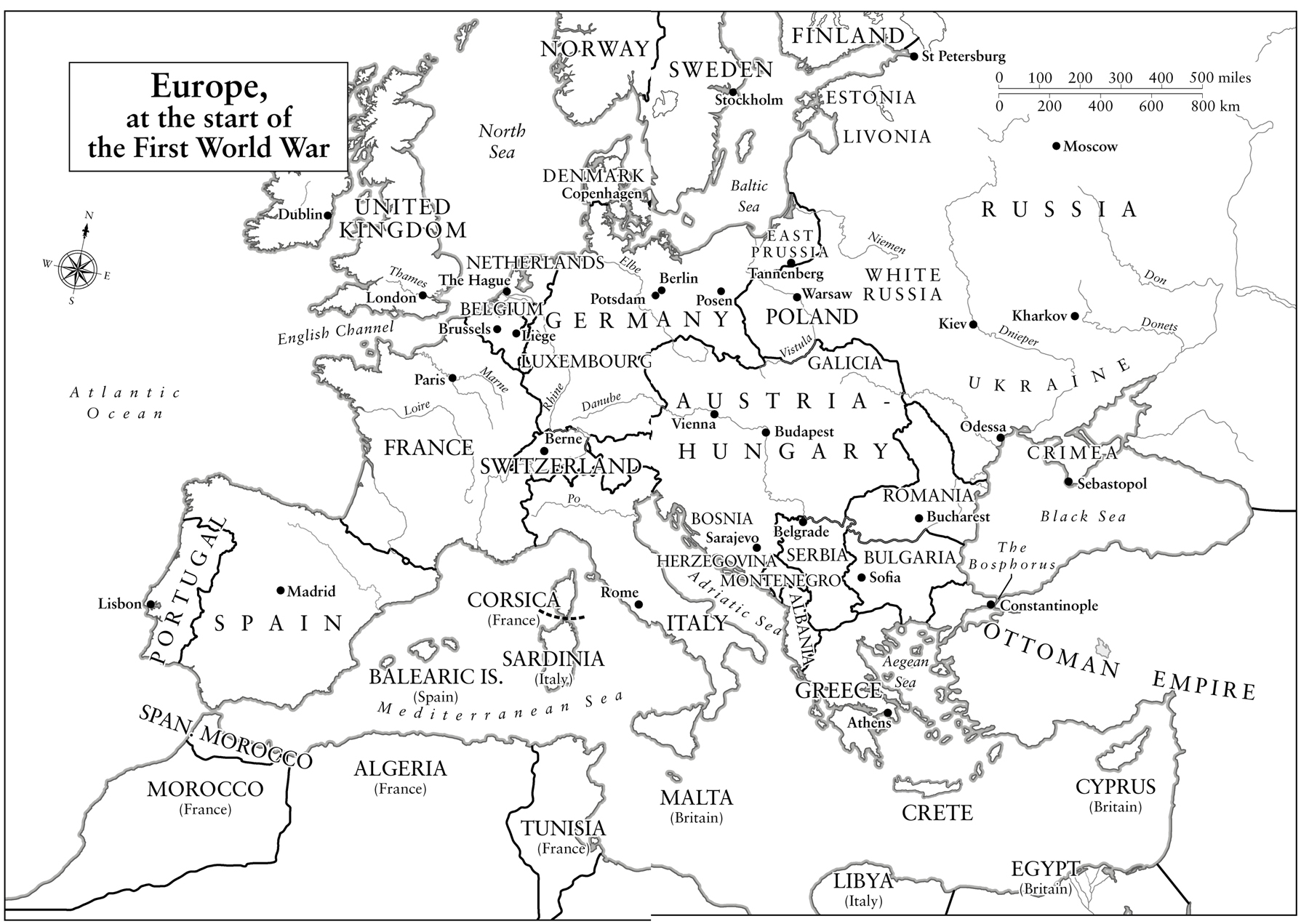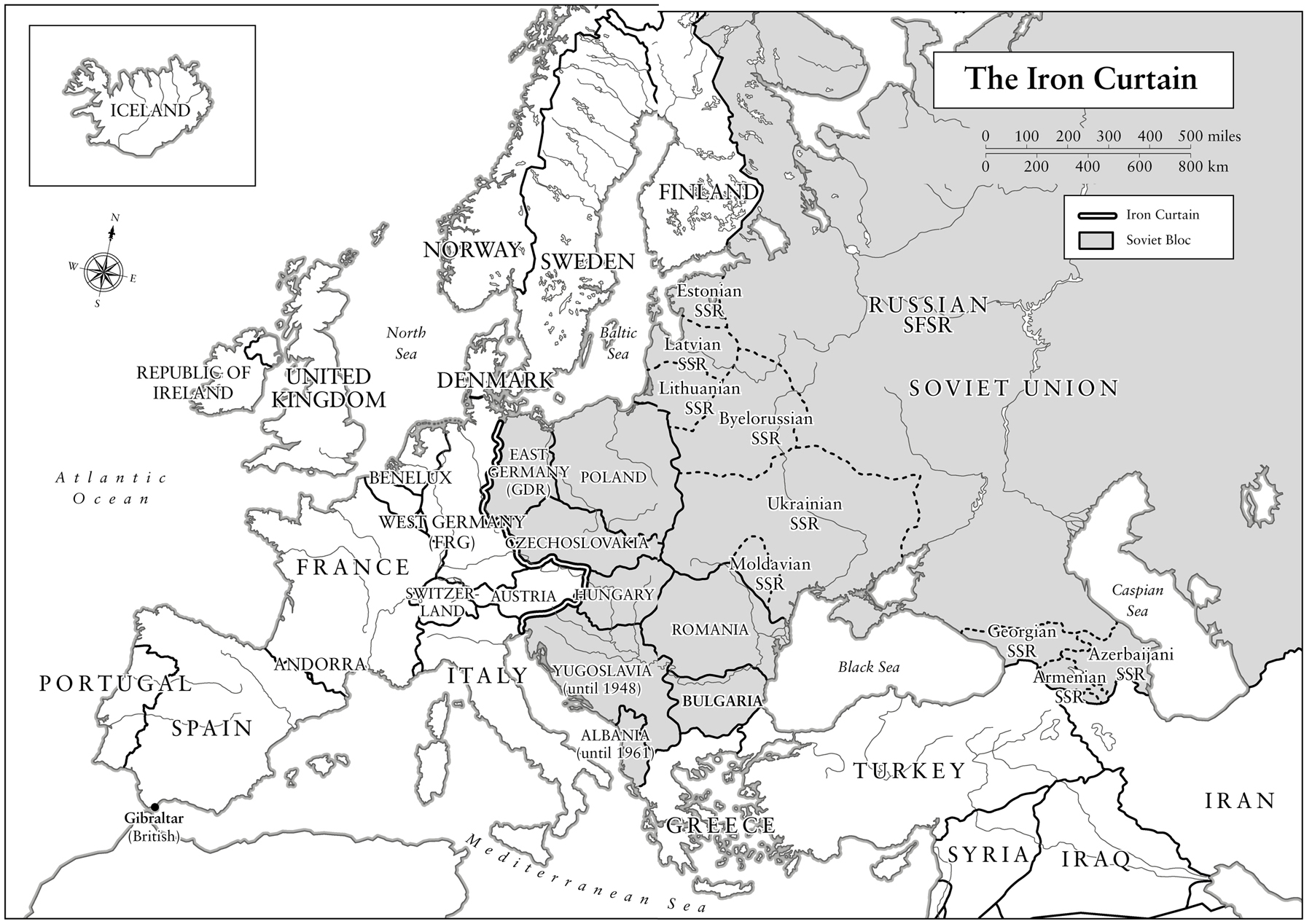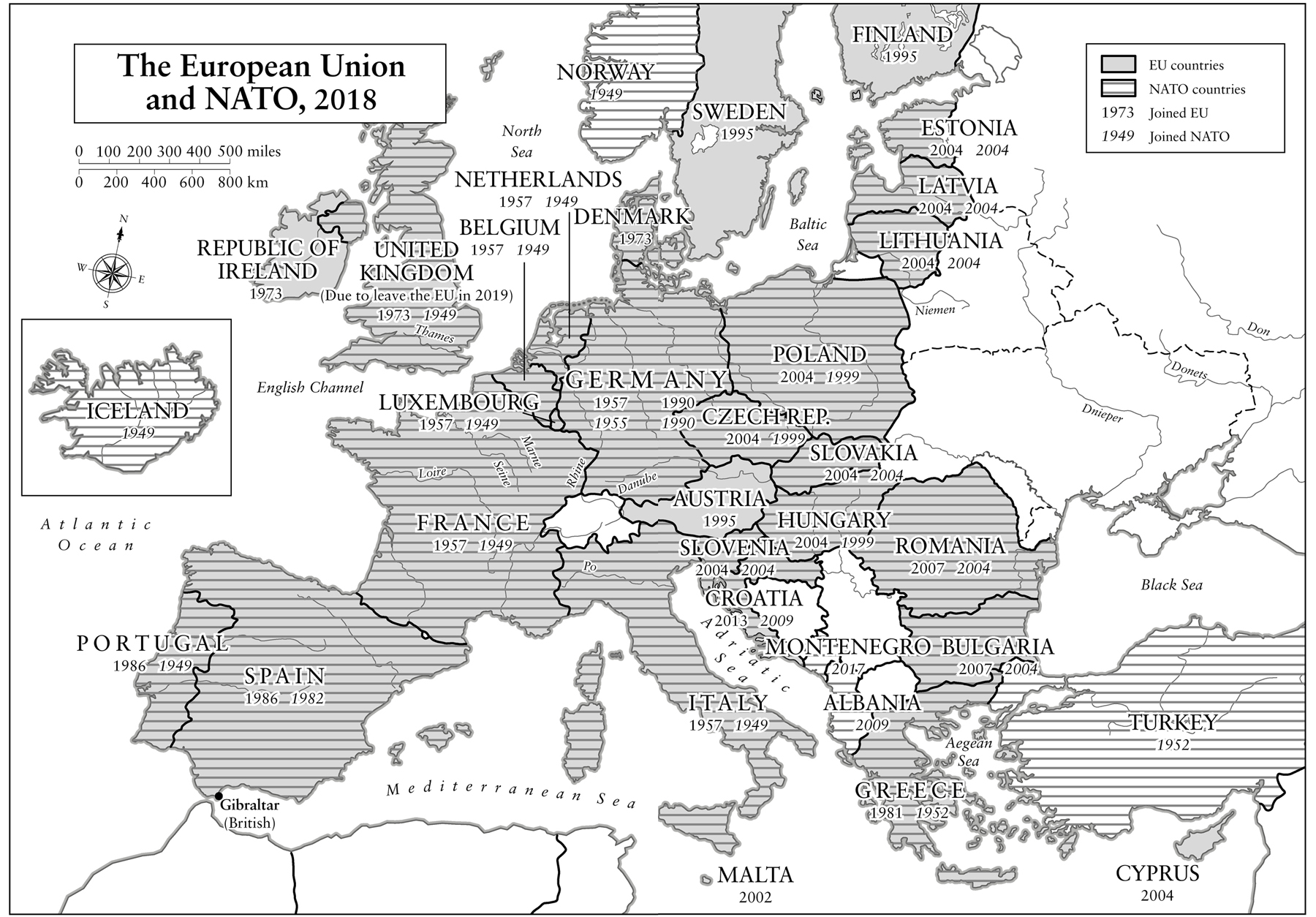Simon Jenkins - A Short History of Europe: From Pericles to Putin
Here you can read online Simon Jenkins - A Short History of Europe: From Pericles to Putin full text of the book (entire story) in english for free. Download pdf and epub, get meaning, cover and reviews about this ebook. City: New York, year: 2019, publisher: PublicAffairs, genre: History. Description of the work, (preface) as well as reviews are available. Best literature library LitArk.com created for fans of good reading and offers a wide selection of genres:
Romance novel
Science fiction
Adventure
Detective
Science
History
Home and family
Prose
Art
Politics
Computer
Non-fiction
Religion
Business
Children
Humor
Choose a favorite category and find really read worthwhile books. Enjoy immersion in the world of imagination, feel the emotions of the characters or learn something new for yourself, make an fascinating discovery.

- Book:A Short History of Europe: From Pericles to Putin
- Author:
- Publisher:PublicAffairs
- Genre:
- Year:2019
- City:New York
- Rating:3 / 5
- Favourites:Add to favourites
- Your mark:
A Short History of Europe: From Pericles to Putin: summary, description and annotation
We offer to read an annotation, description, summary or preface (depends on what the author of the book "A Short History of Europe: From Pericles to Putin" wrote himself). If you haven't found the necessary information about the book — write in the comments, we will try to find it.
In just a few hundred years, a modest peninsula off the northwest corner of Asia has seen the rise and fall of several empires; served as the crucible for scientific dynamism, cultural innovation, and economic revolution; and witnessed cataclysms and bloodshed that have almost destroyed it several times over. This is Europe: a continent whose identity emerged not so much by virtue of geographic or ethnic continuity, but by a long and storied struggle for power.
Studded with infamous figures--from Caesar to Charlemagne and Machiavelli to Marx--Simon Jenkinss history of Europe travels briskly from the Roman Empire, the Dark Ages, and the Reformation through the French Revolution, the World Wars, and the fall of the USSR. What emerges in this thrilling and expansive telling is a continent as defined by its continually clashing cultural identities and violent crises as it is by its tireless drive for a society based on the consent of the governed--which holds true right up to the present day.
Simon Jenkins: author's other books
Who wrote A Short History of Europe: From Pericles to Putin? Find out the surname, the name of the author of the book and a list of all author's works by series.

